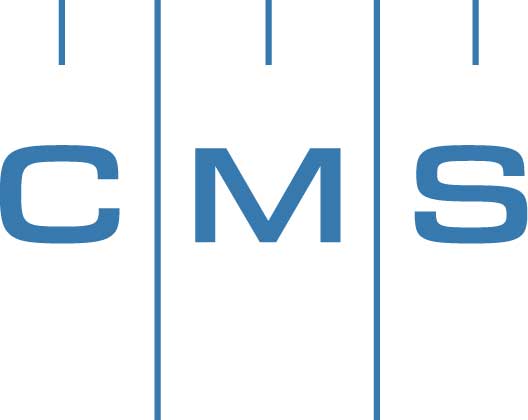
With the increase in cyber-attacks on a global scale, the demand for qualified information security professionals has skyrocketed. What’s more, as the field is evolving so quickly, it’s no wonder that many people are having trouble finding training and certifications that are up to date with the latest requirements.
What is a Certified Information Systems Security Professional?
The Certified Information Systems Security Professional (CISM) certification is the most widely recognized certification in the information security field. The CISM certification was created to provide a standard of excellence and reliability in information security management.
To become a CISM certified individual, you must first have at least five years of experience in information security, and hold a valid IT professional certification such as the CompTIA A+, Network+ or CCNA. Once you have met these qualifications, you can begin the CISM certification process.
The CISM certification consists of three parts: the knowledge exam, the skills exam and the practical exam. The knowledge exam is composed of 120 questions and covers topics such as risk management, incident response and penetration testing. The skills exam tests your knowledge of information security principles and practices, while the practical exam tests your ability to apply those principles in a real-world scenario.
Who should get Certified and Why?
CISM Certification is a great investment for those in the information security field. With a CISM certification course, you can increase your chances of being hired, improve your skills, and increase your knowledge base. Here are some reasons to get certified:
- CISM certification shows that you have the necessary expertise to work in the information security field.
CISM certification can help you gain access to important resources and networks.
CISM certification can improve your resume and career opportunities.
CISM certification can help you more easily find a job in the information security field.
The CISM Certification Exam
The CISM certification exam is offered by the International Information System Security Certification Consortium (ISC) and is based on the CISSP exam. The exam covers six domains: risk management, incident response, cyber security awareness, system security engineering, data privacy and encryption, and malware analysis.
To successfully pass the CISM certification exam, you must demonstrate a comprehensive understanding of these six domains. To do this, you will need to study for and take both the theoretical portion of the exam as well as the practical portion.
There are a number of resources available to help you prepare for the CISM certification exam. These resources include online courses, self-paced tutorials, books, and other sources of information. You can also find helpful tips on preparing for the CISM certification exam on the ISC website.
CISM Certifications, Conclusions, and Resources
CISM certification is one of the most important certifications that an information security officer can hold. The CISM certification provides an individual with the knowledge and skills necessary to protect computer systems and networks from unauthorized access. To earn a CISM certification, an individual must complete a rigorous certification training program. There are several different CISM certification training programs available, and each program has its own set of requirements. Choosing the right CISM certification training program is important, because it will determine the type of training and experience that the individual receives.








